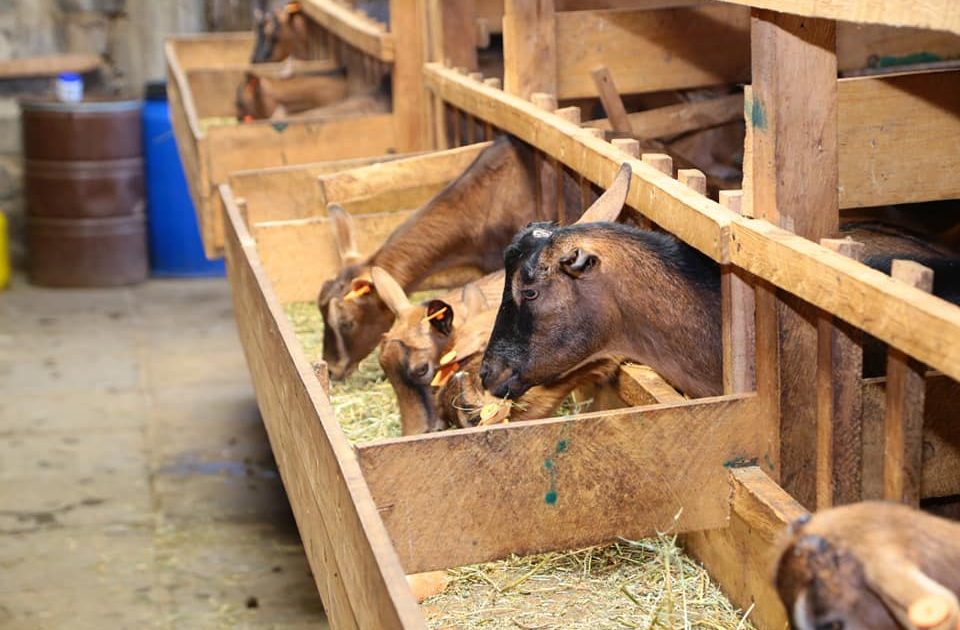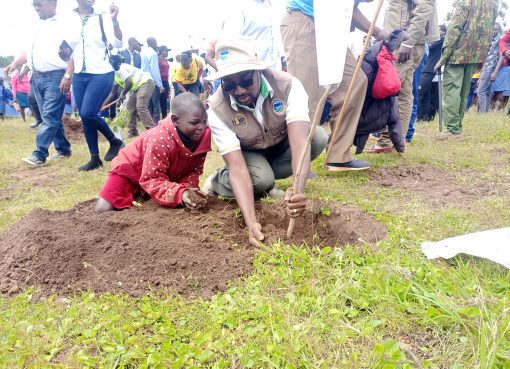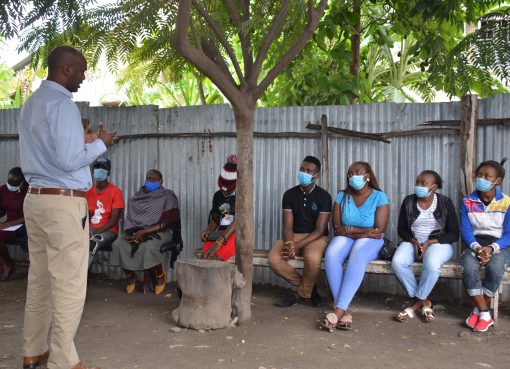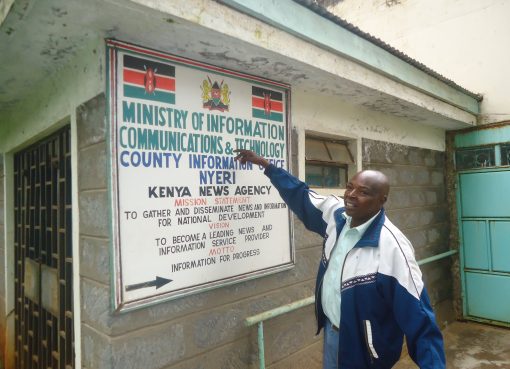When Robert Macharia began his agribusiness journey in 2012 with just two goats, he simply wanted to secure a milk supply for his family.
However, little did he know that his venture would eventually expand beyond his wildest expectations.
For many years, Macharia has served as the director of Mwihoko Dairy Goat Farm, situated in the urban environment of Githurai in Kiambu County.
After receiving numerous customer inquiries for milk, he saw the untapped potential that goat milk farming had in his area and made a quick decision to expand his livestock venture.
Over the years, Macharia’s goat farming has grown exponentially,exponentially, and he now has a total of 82 dairy goats, factoring in those he has sold as well.
With the goats producing over 70 litres of milk daily, his supply is always in demand at the nearby Githurai market due to its large population andand proximity to Nairobi city.
The directordirector feeds his goats with a mixture of dairy meal, Lucerne,Lucerne, and Boma Rhodes grass to enablethem to them to produce optimum milk levels.
And even though his farm is small, Macharia underscores the importance of strategic planning for success in urban farming.
“It’s all about passion when starting an agribusiness. The same motivation that drove me from the beginning is what has brought me this far.
We must remember to feed our animals for quality, not quantity. It’s about providing the necessary nutrients for their bodies, not just filling up their stomachs,” he explains.
Macharia has structured his goat pens into specialisedspecialised clusters for various stages of the animals’ growth and has acquired boththe German the German and French Alpine breedsbreeds of bucks for intentional breeding purposes.
Consequently, Mwihoko Dairy Goat Farm was awarded a top spot at the 2023 Nairobi International Trade Fair, further establishing itself as a leading urban farm in the country.
According to Macharia, farmers interested in urban dairy goat farming should transition their mindset from traditional methods to smart farming.
He advises them to see themselves as entrepreneurs entering the agri-business industry rather than just farmers.
Meanwhile, by adopting this approach, Macharia believes that success in goat farming is guaranteed for other Kenyans out there, keen on improving their livelihoods.
By Hellen Lunalo





